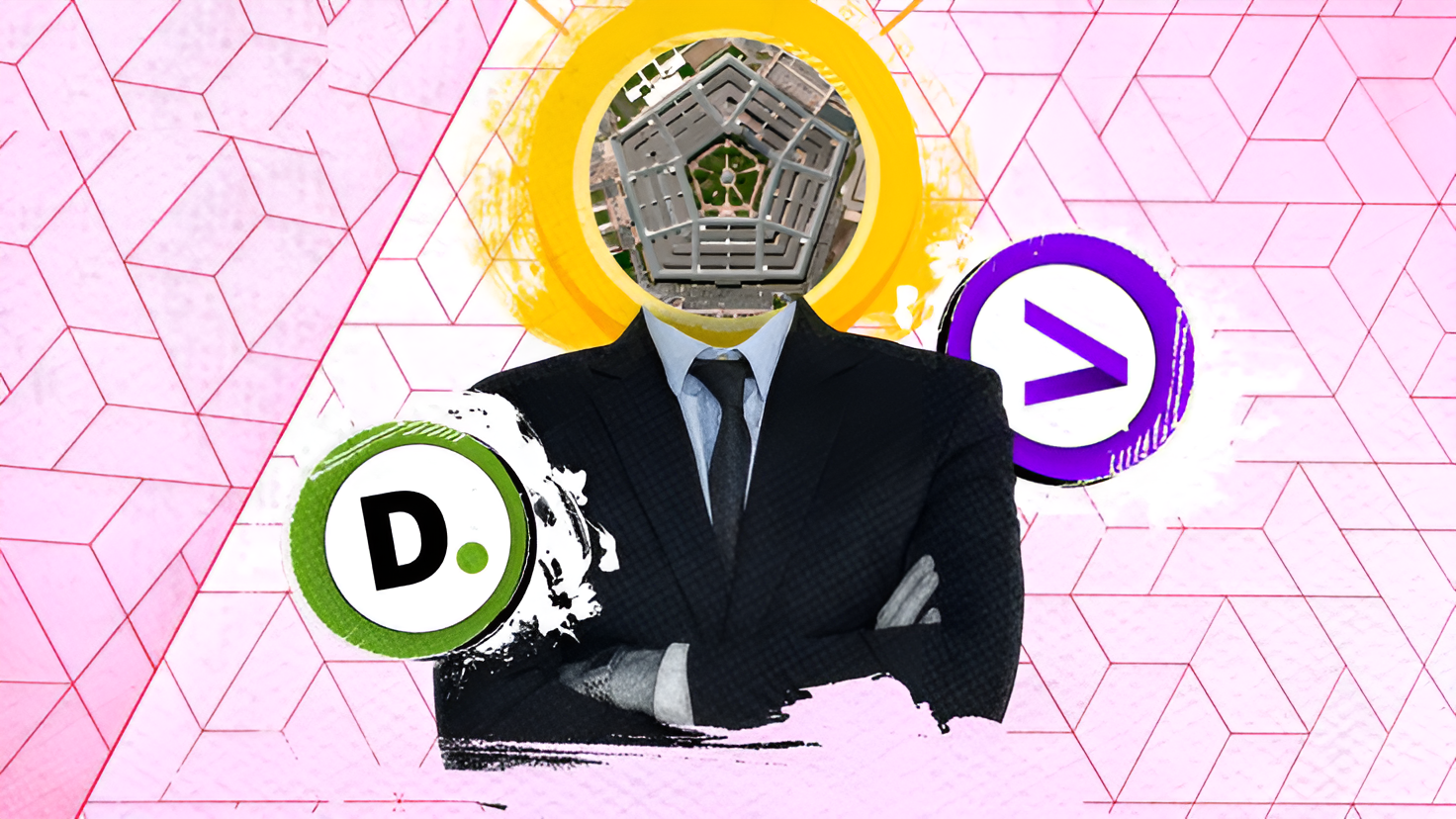The cancellation of $5.1 billion in Pentagon contracts with firms like Deloitte and Accenture signals a major disruption in the consulting industry. Learn what it means for the future of AI, public sector consultancy, and digital transformation.
When the U.S. Department of Defense announced the termination of $5.1 billion in IT and consulting contracts, including high-profile firms like Deloitte and Accenture, the move may have seemed like another round of fiscal tightening. But to those watching closely, it sent a much louder message: the consulting sector, particularly in the public domain, is on the edge of structural transformation.
The Numbers Behind the Shock
For giants like Deloitte and Accenture, the figures at first glance might seem absorbable. Both firms report annual revenues exceeding $64 billion, and net profits around the $7 billion mark. Even if Deloitte's share of the cancelled Pentagon contracts was around $1.3 billion, and Accenture's close to $1.5 billion, the revenue hit appears to represent only about 2% of their annual income. However, the impact on net profit is far more severe—around 18.5% for Deloitte and over 22% for Accenture.
While these companies are unlikely to fold under such pressure, the loss exposes a deeper vulnerability: over-reliance on government contracts and commodified services that are increasingly seen as replaceable.
Digital Transformation and the End of Traditional Consulting
What underpins this shift is not merely budget cuts, but a change in political and institutional philosophy. U.S. Defense Secretary Pete Hegseth's remarks underscore a broader ideological pivot: from outsourcing knowledge work to reclaiming it within government institutions. Whether it's cost-cutting, national security concerns, or political optics, the message is clear—doing the job internally is now preferable.
This development isn't isolated. It's happening in parallel with the rise of agentic AI platforms. Deloitte's own Zora AI, a platform of "intelligent digital workers," and EY's deployment of 150 AI tax agents demonstrate that even firms under threat are adapting quickly. Still, adaptation may not be enough.
Consulting Firms Must Embrace AI or Risk Obsolescence
Travis Kalanick, co-founder of Uber, recently quipped about a future where you simply "push a button, get a consultant." His warning was simple: if your role is to execute, rather than innovate or architect systems, you're replaceable.
For traditional consultants, this is an existential moment. Government clients are becoming less willing to pay for generic outputs. AI, combined with internal talent upskilling, offers not just cost efficiency but political capital.
The Future of the Consulting Industry
So, where does consulting go from here? Three predictions stand out:
- Engineering Mindset Becomes Standard: Consulting firms will have to operate more like tech companies, embedding AI at the heart of delivery, not as a peripheral feature.
- Decline of Staff Augmentation Models: Firms relying on long-term embedded personnel in public agencies will see shrinking margins and reduced demand.
- Niche Expertise and AI Symbiosis: The future lies in consultants who not only understand systems but can build, automate, and evolve them in partnership with AI.
The Pentagon cuts are not just about money; they're a signal. In an industry that has thrived on complexity and access, simplicity and automation are now the rising stars. Consulting firms must decide quickly whether they want to be architects of this new age or its casualties.
Keywords: consulting industry trends, Pentagon contract cancellations, Deloitte AI strategy, Accenture future consulting, digital transformation in public sector, agentic AI, AI and consulting disruption




















Discussion